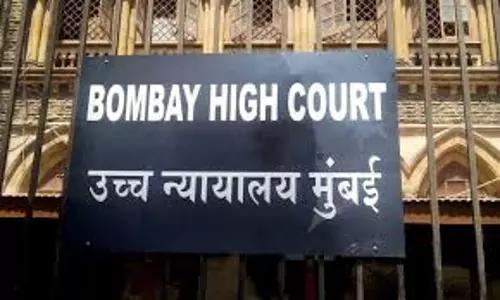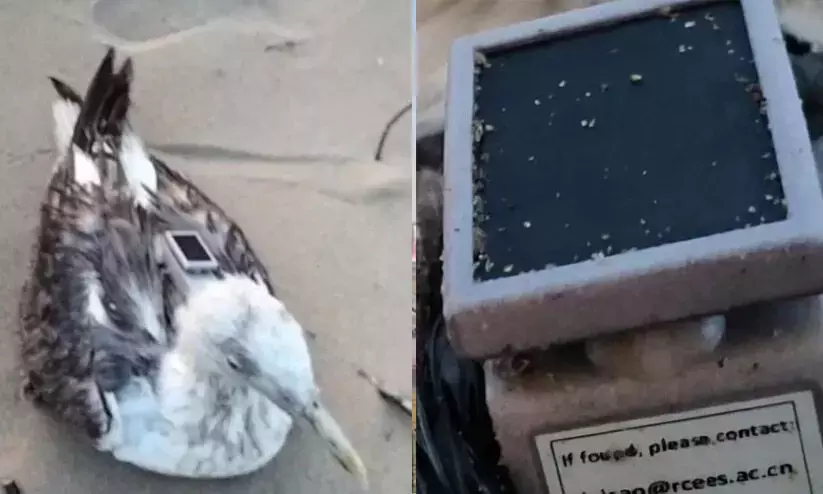
Kerala HC says paying for sex is not a transaction but inducement under Immoral Traffic Act
text_fieldsThe Kerala High Court has held that a customer availing the service of a sex worker in a brothel cannot be deemed to be engaged in a transaction of service and goods, and that such conduct instead amounts to inducing prostitution where the cash given can be treated as coercion under the Immoral Traffic (Prevention) Act, 1956 (ITPA).
Delivering the judgment on Tuesday, 9 September, Justice V.G. Arun ruled that the payment made by a person in such circumstances is not for a lawful service but functions as an inducement compelling the sex worker, many of whom are victims of trafficking or coercion, to continue in prostitution.
The ruling arose from a case in Thiruvananthapuram where the petitioner was found with a sex worker during a police raid and had claimed he was merely a customer, yet the Court rejected this claim and said a sex worker cannot be equated with a product.
The Court further observed that a person utilising the service of a sex worker at a brothel cannot be treated as a customer, and that to consider them so would amount to denigrating the dignity of the individual; it also stressed that in most cases sex workers are lured into the trade and compelled to offer their bodies to satisfy others.
Emphasising that the money paid in such cases perpetuates exploitation, the Court held that such conduct attracts penal provisions under Section 5(1)(d) of the ITPA, which criminalises inducing or causing someone to engage in prostitution.
The petitioner had been charged under Sections 3, 4, 5(1)(d), and 7 of the ITPA, and while the Court quashed the proceedings under Sections 3 and 4, it maintained that prosecution could continue under Sections 5(1)(d) and 7, thus reinforcing the principle that paying for sexual activity in a brothel is not a simple commercial exchange but a form of coercion sustaining prostitution.
























